Defective Meters and Whistleblower Complaints Raise Questions About Gas Utility’s Profits
DeSmogBlog
DECEMBER 16, 2022
A little over a decade ago, Gary Dye, then a gas measurement engineer at NW Natural, Oregon’s largest gas utility, lost faith in his employer to responsibly deal with what he believed to be systematic inaccuracies among the company’s hundreds of thousands of gas meters. Faulty Meters Raise Questions About Profits.

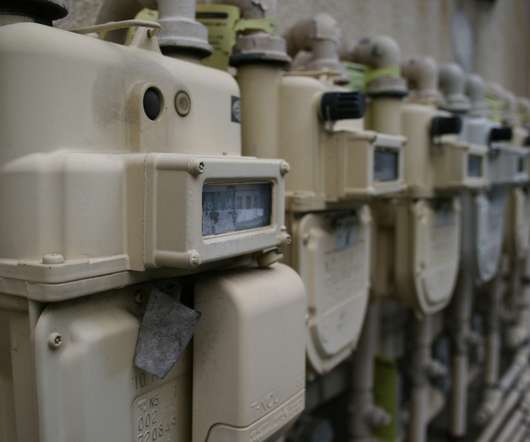
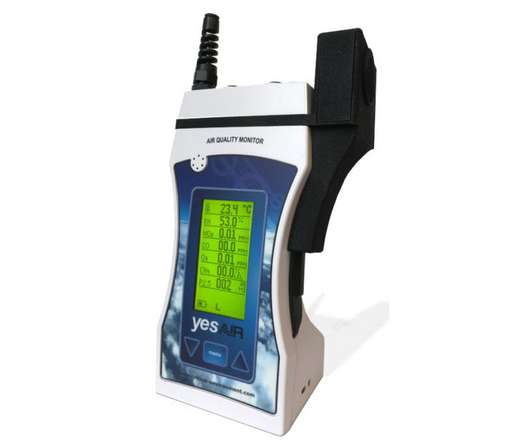
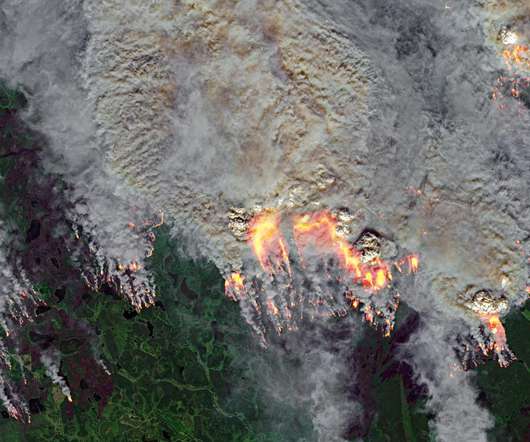
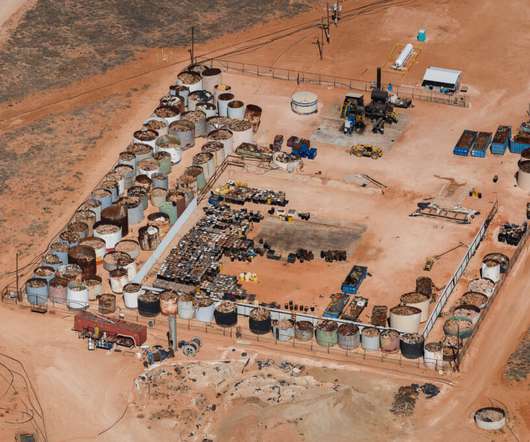
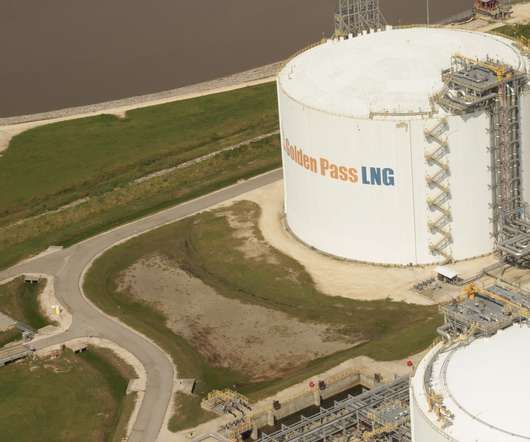








Let's personalize your content